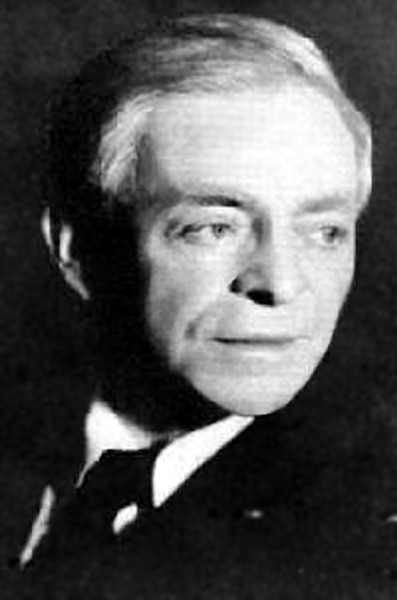In 1912, for the first time in history, an extract containing thiamin (later known as vitamin B12) was isolated from food by a Pole of Jewish origin, Kazimierz Funk, who was working at the Lister Institute in London.
Funk was born in Warsaw on February 23, 1884, in an assimilated Jewish family of a dermatologist, Jakub and Gustawa, née Zysan. After graduating from the gymnasium in 1900, he went to Switzerland, where he initially studied biology, then chemistry. Then he worked in well-known research centers, including the Pasteur Institute in Paris, the University of Berlin, the already mentioned Lister Institute, and Columbia University. From 1940 until his death in 1967, Funk lived in the US, working for private corporations and running his own foundation, The Funk Foundation for Medical Research.
The study, which led Funk to introduce the term vitamins into the medical language (“amines of life”) aimed to determine the causes of beriberi disease in Asians who, as it turned out, ate too carefully purified rice. Funk’s greatest achievements include the isolation of insulin, the description of avitaminosis and the synthesis of estrogen.
He married Alice Denise Schneidesch from Belgium and had two children. Although he lived outside Poland for most of his life, he considered himself a Pole as he often emphasized until his death. When Poland regained independence after World War I, he returned to the country for several years to participate in its reconstruction. From 1923 to 1927, he worked at the National Institute of Hygiene.
From 1995, the Polish Institute of Arts and Sciences in America awards scientists of Polish origin with the Kazimierz Funk Prizes for their discoveries in natural science.





